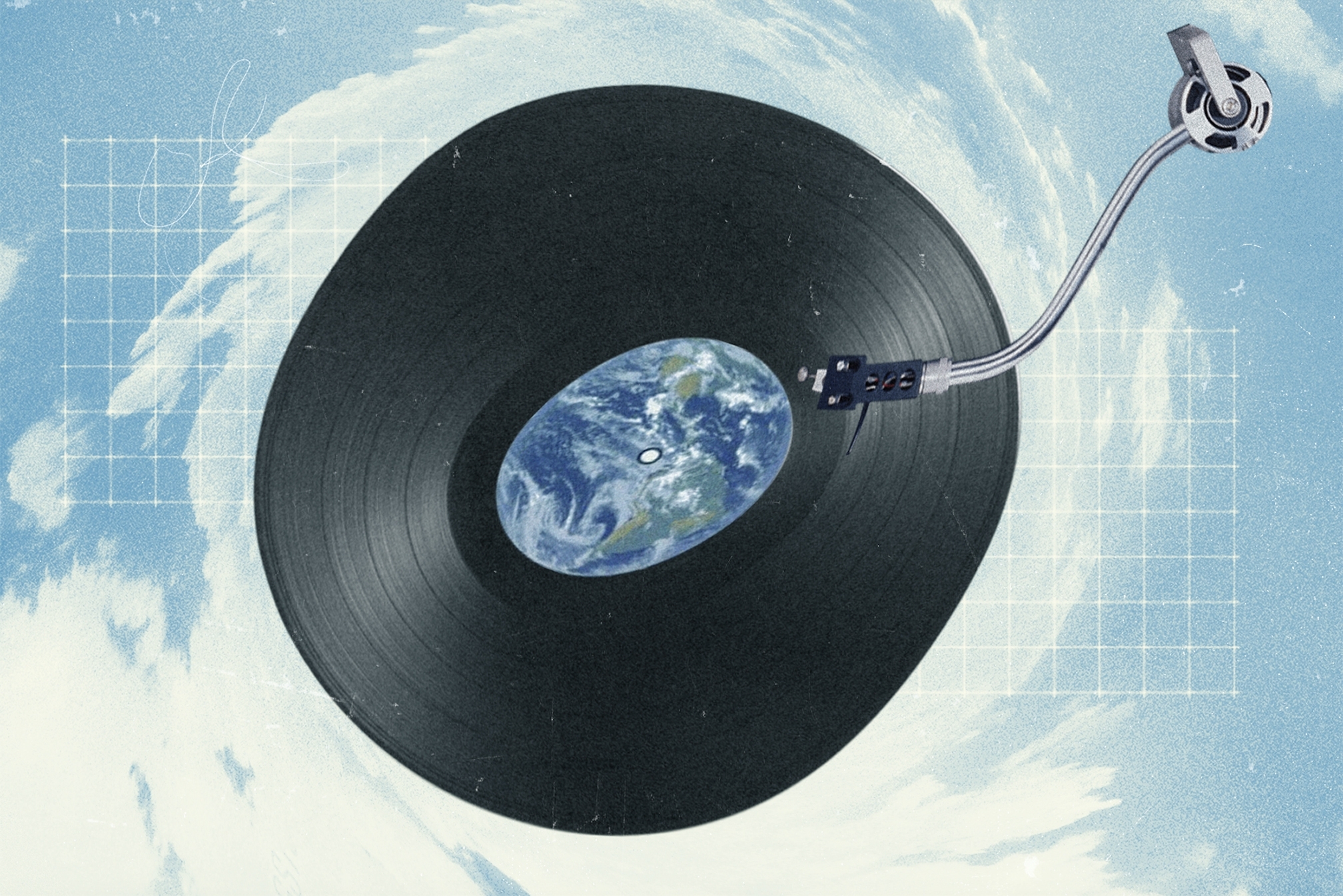 Green Room
Green Room
8 DJs give advice on cleaning up our dirty little music industry
As we head back to clubs & festivals, we have a chance to do things differently this time around. These DJs have some advice on how we can do better for the planet.
Last week, Netflix released a documentary called The Year Earth Changed narrated by good ol’ David Attenborough that shows us how the longer we stayed at home during the pandemic, the more remarkable things began happening around the natural world. Animals began nesting at a more successful rate, pollution cleared up around the Himalayas and whales were communicating in ways never seen before. Produced by the BBC’s Natural History Unit, Attenborough says they were able to capture a “global experiment of epic proportions” unfold across five continents.
“If we choose, we can transform the health of the planet…for all.”
What does this have to do with music? Everything.
According to data collected by Bye Bye Plastic, a foundation lead by BLOND:ISH, the average 50,000 person festival creates about 100 tons of waste per event. Now digest this: trash can still be found on the grounds of the iconic Woodstock Festival that happened in 1969. As venues around the world start to reopen and festivals begin to roll out line-ups in this new world, we’re presented with a clean slate if you must, and a chance to do things better this time around. So we wonder: can the music industry flip its own script from garbage generator to a sustainable innovator?
So we asked a couple of DJs what one piece of advice they had for the music community on steps we can all take to be a little more mindful when we return to the dance floor.
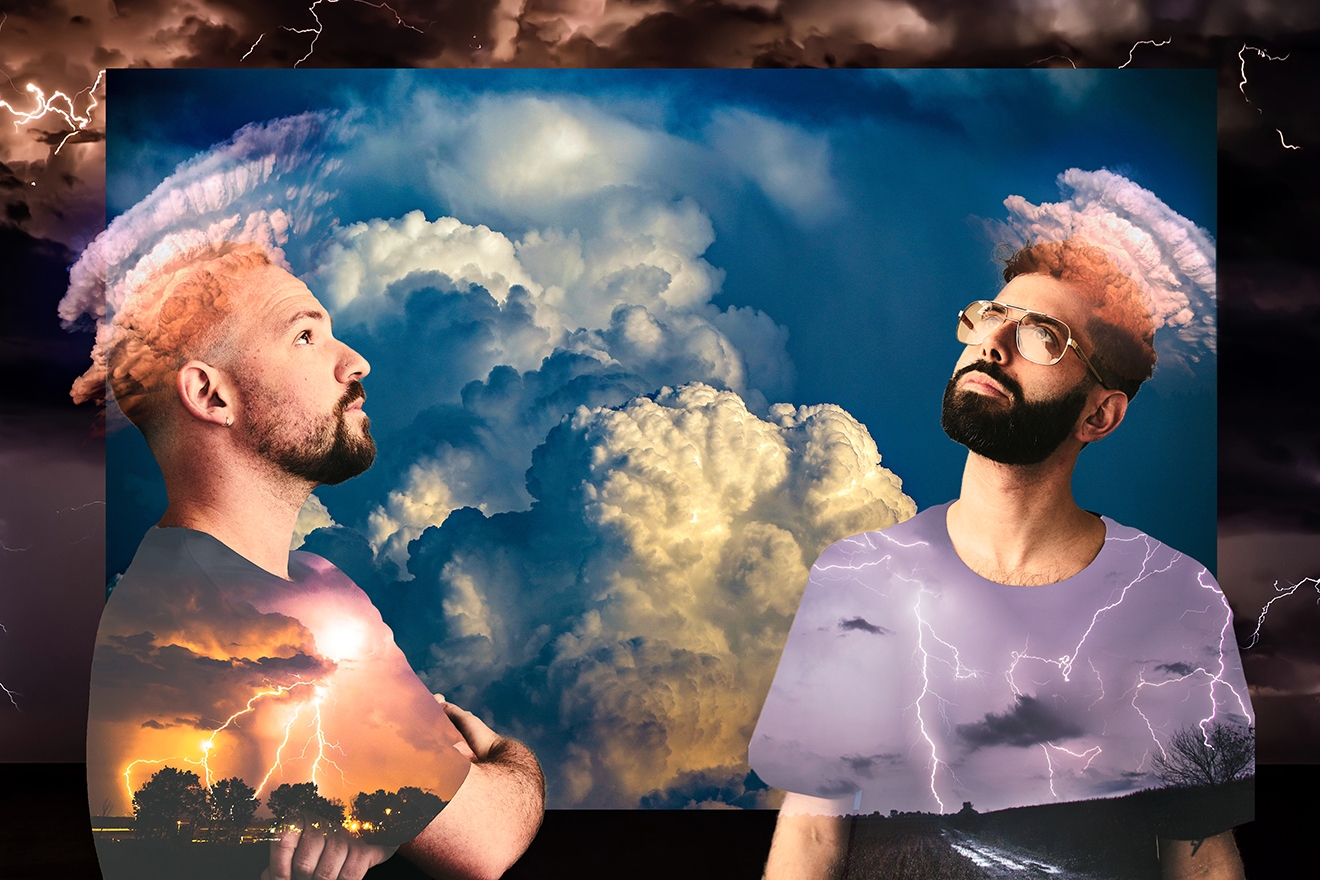
Eli Goldstein (Soul Clap & DJs 4 Climate Action)
"We can do better by going back to our dance music roots and putting community first. Over the last decade, our music has become big business. Priorities have been focused on bigger and bigger festivals and hyped up international DJs flying all over the world, which led to huge carbon emissions from flying and many DJ and industry folks putting money before music. But dance music was born as a subversive movement of marginalized people and it’s our duty to follow in their footsteps and do better for our communities, our climate and even ourselves. By focusing on local scenes, local music and local dancefloors we can work towards a sustainable scene that benefits everyone who wants to participate and supports positive action for our planet."
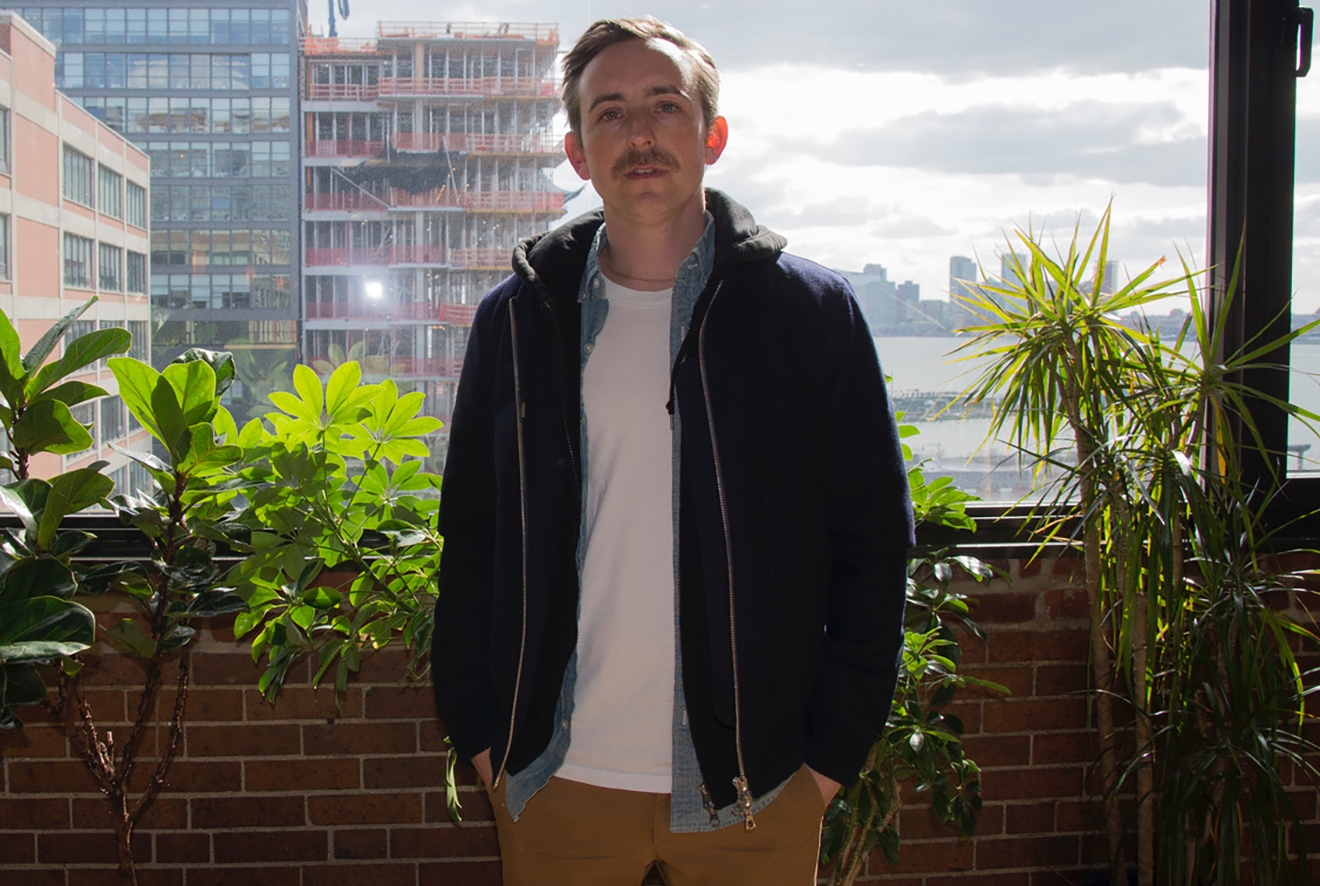
Sammy Bananas (DJs 4 Climate Action)
"My main advice is to look in your back yard for talent and community. It’s beautiful that we have interconnected, global scenes, but we need to stop fetishizing people going or coming from “far away” to play. I’m talking about DJs too… take some time to invest in where you live, and the scene there rather than flying away every weekend. And for clubs or promoters in smaller markets, or further from the so-called centers of gravity of the industry, don’t assume that there aren’t amazing artists in your midst. Realize that if you’re able to book people closer to home, and build the demand for those people, that it’s going to be a better business decision. And on the topic of business, anyone who gets a jump on this local question is going to be better prepared for all the unknowns on the horizon… the days of cheap travel with zero consciences are winding down."
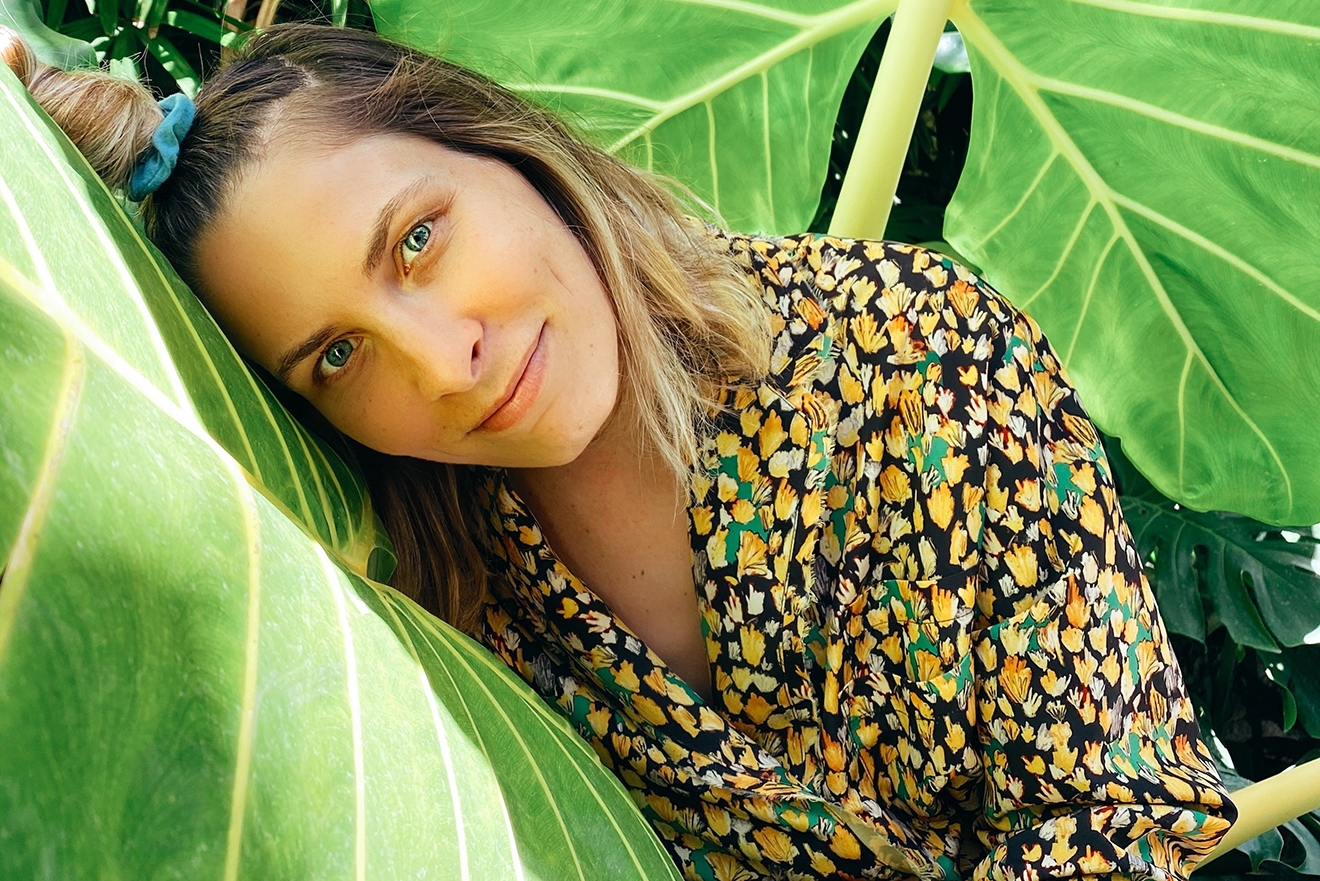
BLOND:ISH (Bye Bye Plastic)
"Everyone needs to be asking themselves how they can reduce their footprint, and really asking that question about everything they do in their lives. In the case of promoters and event organizers, it's important to look at what the footprint of their events is. A good place to start is actually writing it down to be able to figure out what their footprint really is and start chipping away at that. This will enable us to get to our goals so much quicker. You can do that through plastic-free parties, you can by reducing carbon, waste, transportation — there are endless ways to start. Everyone and every situation are different but we can all make little steps now and it’s the perfect timing. I don’t want to be a Debbie Downer. but if we go back to how we were before COVID, then we failed."
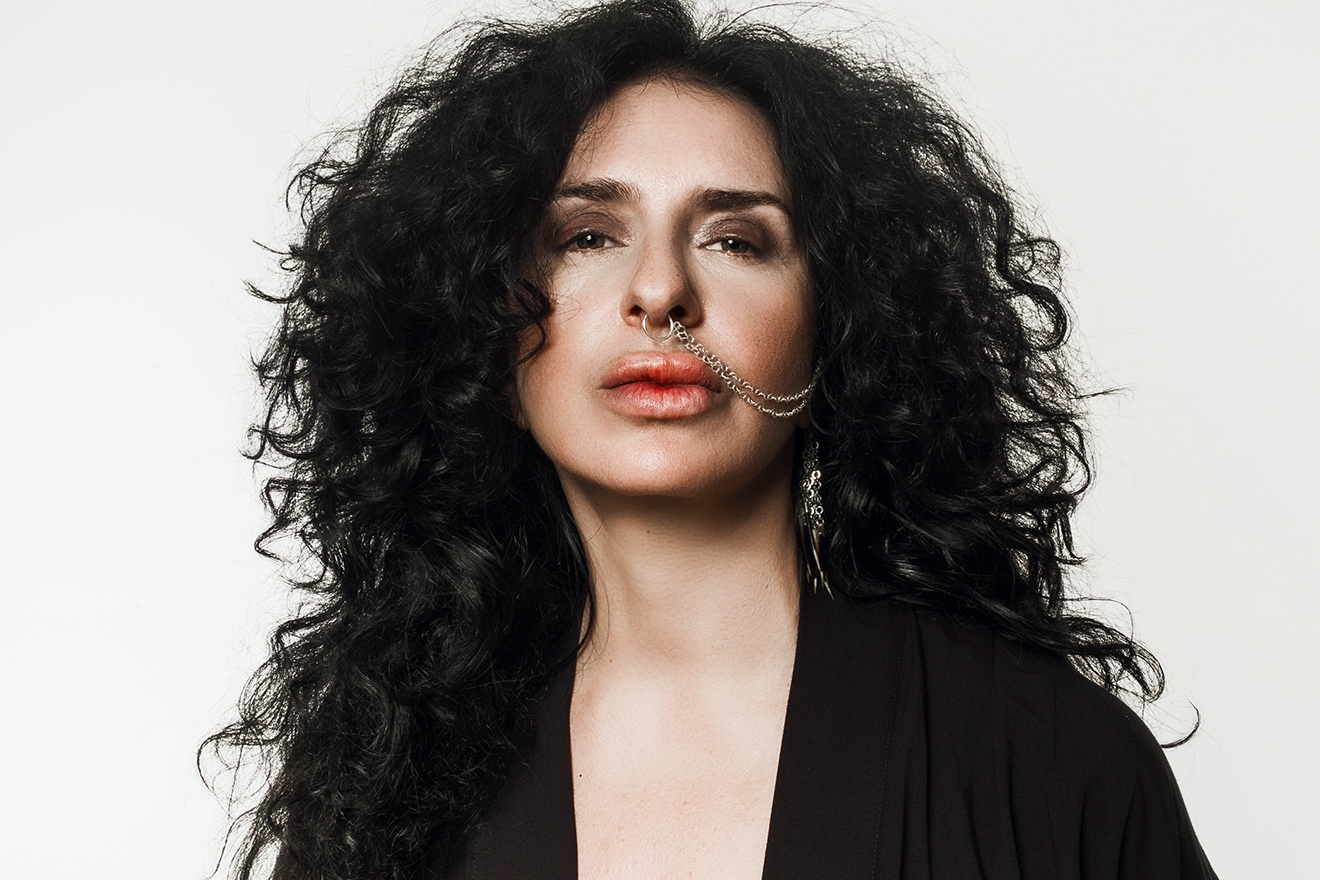
Nicole Moudaber
"After this whole year of pausing life, if you haven't taken anything back from this whole experience, then I don’t know what to say. We have to be better. We have to be aware of other people’s feelings. We have to stop racism. We have to stop being judgmental. We have to be compassionate, and empathetic. COVID showed us a side of people that we have never seen in people before because we were busy with our lives. We didn’t see that there is a massive chunk of people that are not in the same way of thinking as we are, and they’re actually very angry and racist. It's shocking — and I saw them. In my lounge, I would sit and read all these comments which I never really had time to do before and it was an eye-opener — I have to say that ignorance rules on our planet. There are so many ignorant people. I don’t want to say stupid because they are just ignorant and this needs to change. It needs to start from day one when couples have kids and we need to teach them about right and wrong because schools are not teaching this, so it needs to start somewhere. We lack a lot of openness and love and compassion in this world. Like stop it already, we are all the same and we are all here for the same reason, so why are we doing this to ourselves. I don’t get it?"
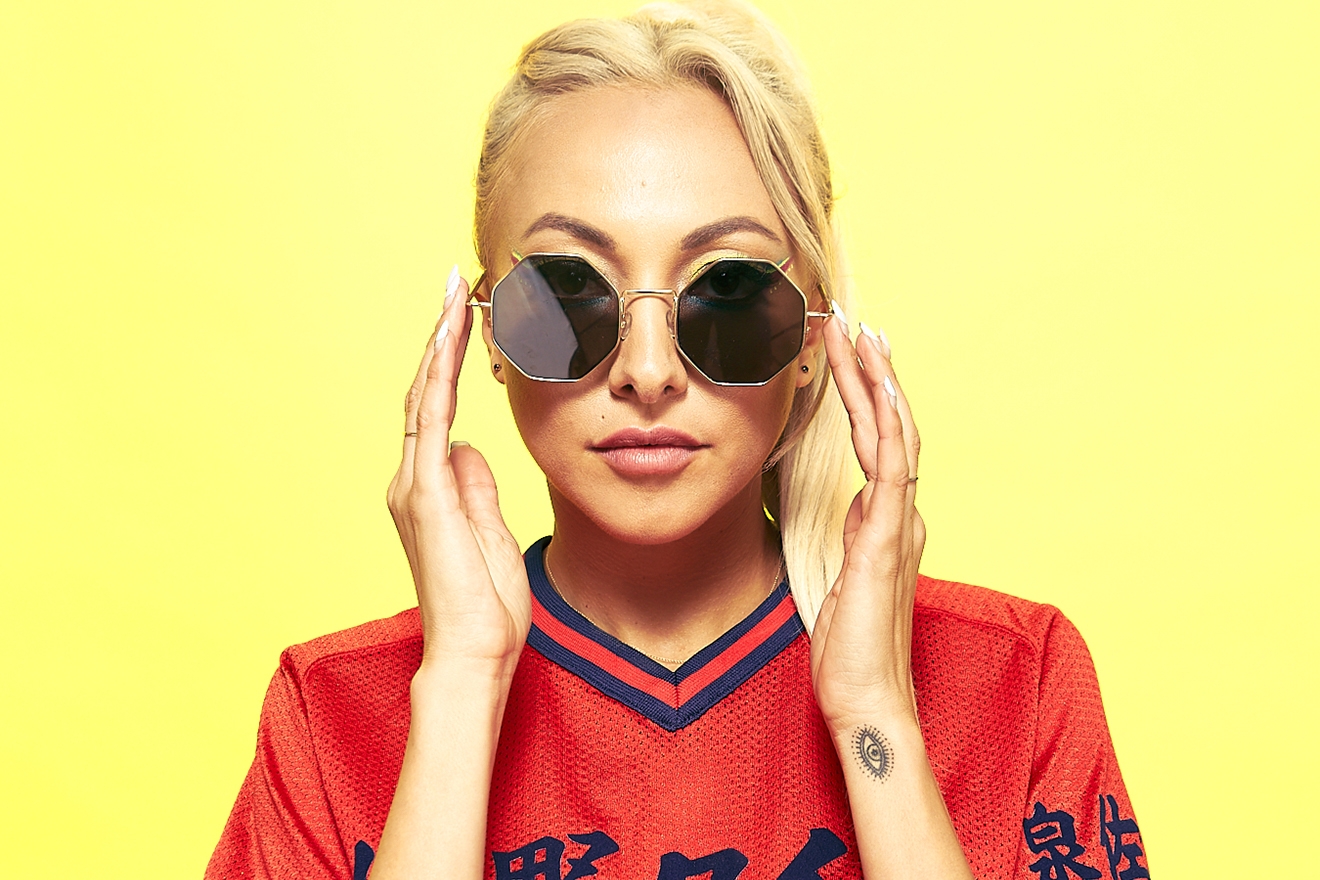
Lauren Lane
"As clubs and festivals start to reopen, we need to reset the way we approach sustainability when it comes to using common plastic items like water bottles, cups, straws, plastic bags, cutlery — anything plastic needs to stop. We also need to be encouraged to be responsible for ourselves and come prepared, with maybe our own drinking vessel or a reusable bag. Festivals should be providing free drinking water and encourage everyone to bring their water bottles or even purchase a cup there in a system where they can get a return of money at the end. That would be a really positive shift in the way we leave festivals, and with a lot less trash than before.
In general, we all need to unite and really be aware of what we’re doing and how it impacts the future. It's not just choices that we’re making for ourselves, it’s choices that we’re making for the entire world and a younger generation, so we need to be more mindful about what we reduce, reuse, and recycle.
I also want to encourage people to support sustainable companies. Like in fashion, artists who are making merchandise should really start to turn to more sustainable brands, and really focus on that side of things. Also, to DJs who tour a lot, we really need to be more aware of our footprint and cut back on mindless touring from one place to another. Do it smarter, and travel by car and train when possible."
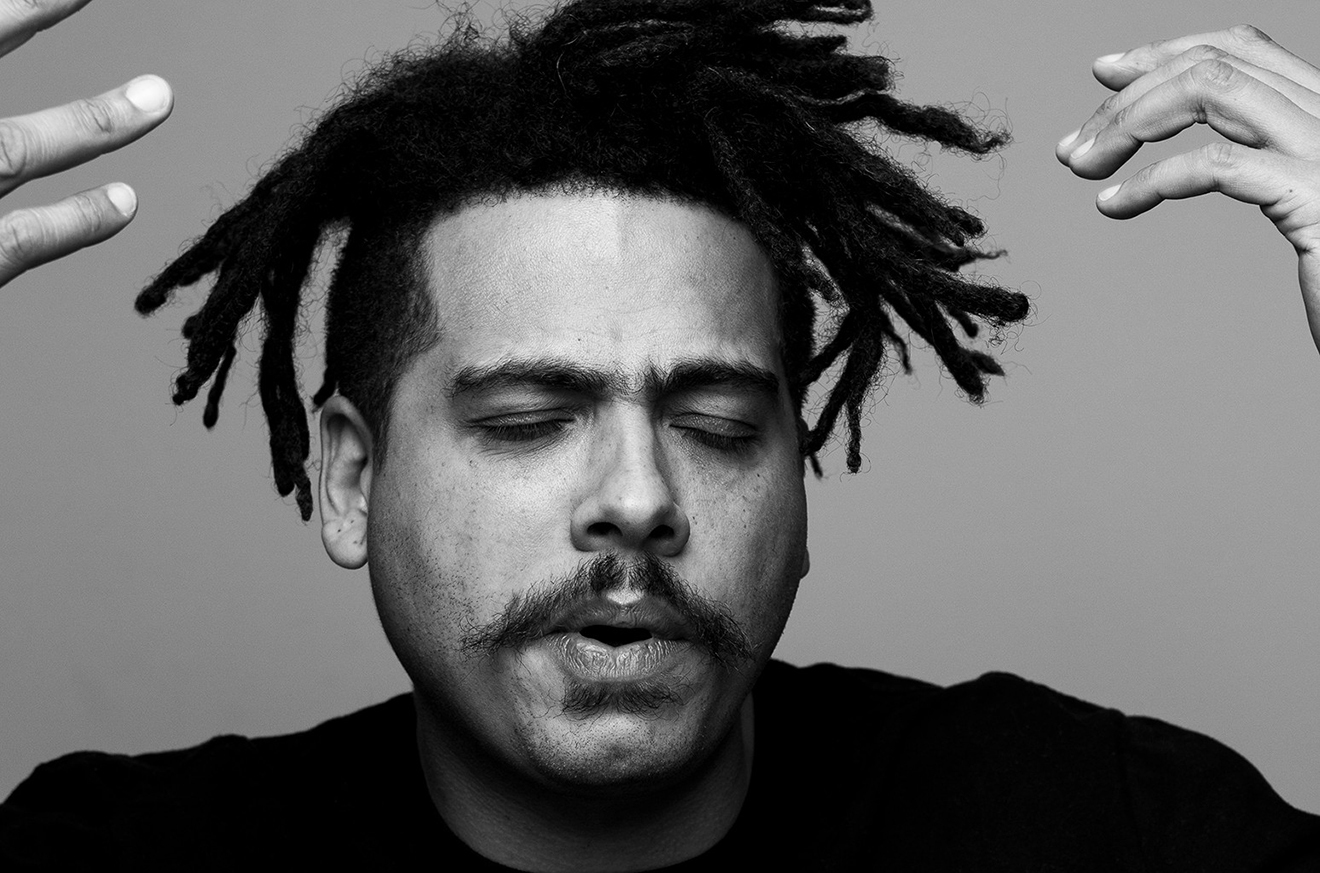
Seth Troxler
"Sustainability is incredibly important to me for many different reasons. Being someone who looks towards the future and the habitability of the future generations, it’s so important that we, especially as people who have a large carbon footprint that being through flying, really start to look at how we treat the earth and how we can make more sustainable strides to creating a better future. It’s super important to society as a whole! We think the pandemic is bad but climate change will be far worse.
Right now with the industry closed it’s kind of a different situation but once things start opening up, it’s an essential moment in time where we can really rethink what our waste output is, especially at festivals and clubs, and look at what kind of materials we use to build festivals and how we impact the communities around us when we go and do this thing called techno tourism."
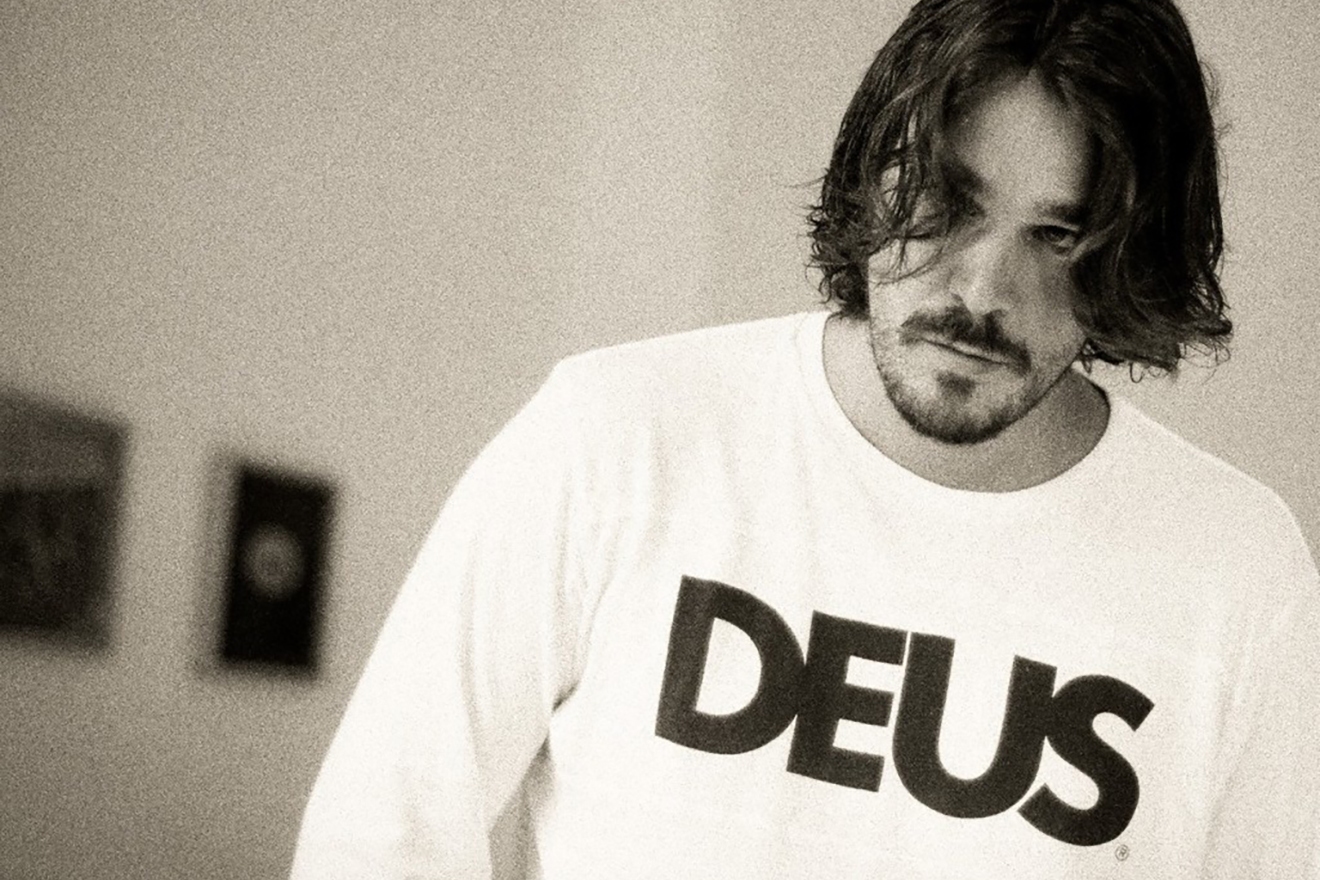
Trus'Me
"There are certain areas that I have a conflict with, like pressing vinyl — there’s acetone and plastic, but there are ways on the packaging that we can be more aware of. We used to shrink wrap every record, that’s not necessary but the customer always wants to feel like they’re opening something fresh and nobody had touched it before. But about five years ago, I made the conscious choice to not shrink wrap records anymore. I also always use recycled cardboard, it also looks better, and recycled inner sleeves.
As a travelling DJ, there are so many areas you can improve. You go into airport lounges, there is plastic everywhere! It's the first place a DJ can start to be conscious and think about what they're doing there. Then there's the takeaway food that you grab, and the little Marks & Spencer food packages, it's all in plastic! The water bottles, it's all plastic! The knife and fork you use, also plastic! You can easily cut all that out by preparing food to take or actually giving yourself time to eat on a plane instead of this grab 'n' go culture."

Ninda Felina
"We should start partying with a cause. Let's start to think big and act bigger, because together we can build environmental innovation as a celebration. Big festivals have big energy consumptions and need to start switching to renewable energy, for example, solar panel. Also proper management for plastic and glass bottles— don’t you wonder what they do with all that waste afterwards? Event organizers and clubs should educate, and make people a little bit more conscious of environmental and waste management.
Clubs and festivals can lessen waste. Excessive use of paper towels to be thrown around like confetti is totally unnecessary. Let’s say you’re planning an outdoor party and celebration and want something a lil’ extra — confetti is always fun to add but how about making it out of something natural instead. Nature provides so many colours on her trees, so why not make eco-friendly confetti out of leaves?"
Cover artwork by Sally Linsdell


